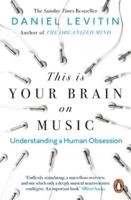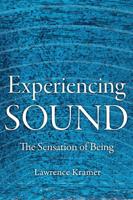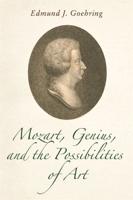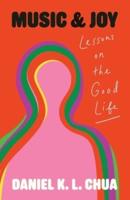Publisher's Synopsis
In Europe and America alike, 19th-century French organ music continues to attract performers and devotees. Scholars and critics are examining the organ music of Cesar Franck and other distinguished composers - Boely, Guilmant, Widor - and exploring the impact uppon this repertoire of the organ building achievements of Aristide Cavaille-Coll.;The book divides into four sections. The first section examines the careers of organists during the Revolution, surveys the types of organ music they preserved in those disruptive circumstances, analyzes an important question of cantus-firmus-based organ works by Boely, places early 19th-century liturgical music within the specific characteristics of the Parisian Rite, and investigates the meaning of Lemmen's "Ecole d'orgue" in the historical context of 19th-century pedagogical works.;The second section focuses on a little-known document which provides new information on Franck's registrations, and analyzes the late stage of Franck's process of composing the celebrated "Choral No.1 in E major".;The third section re-examines Franck's preserved manuscripts, the various publications of his organ works, and the divergent performance traditions associated with this repertoire.;The final section explores Guilmant's extensive organ works included in the collection "L'Organiste liturgiste", provides a close reading of Widor's monumental "Symphonie romane", and examines the famous Trocadero organ series, a milestone not only in Parisian organ playing, but in the broad history of organ music in public culture.









